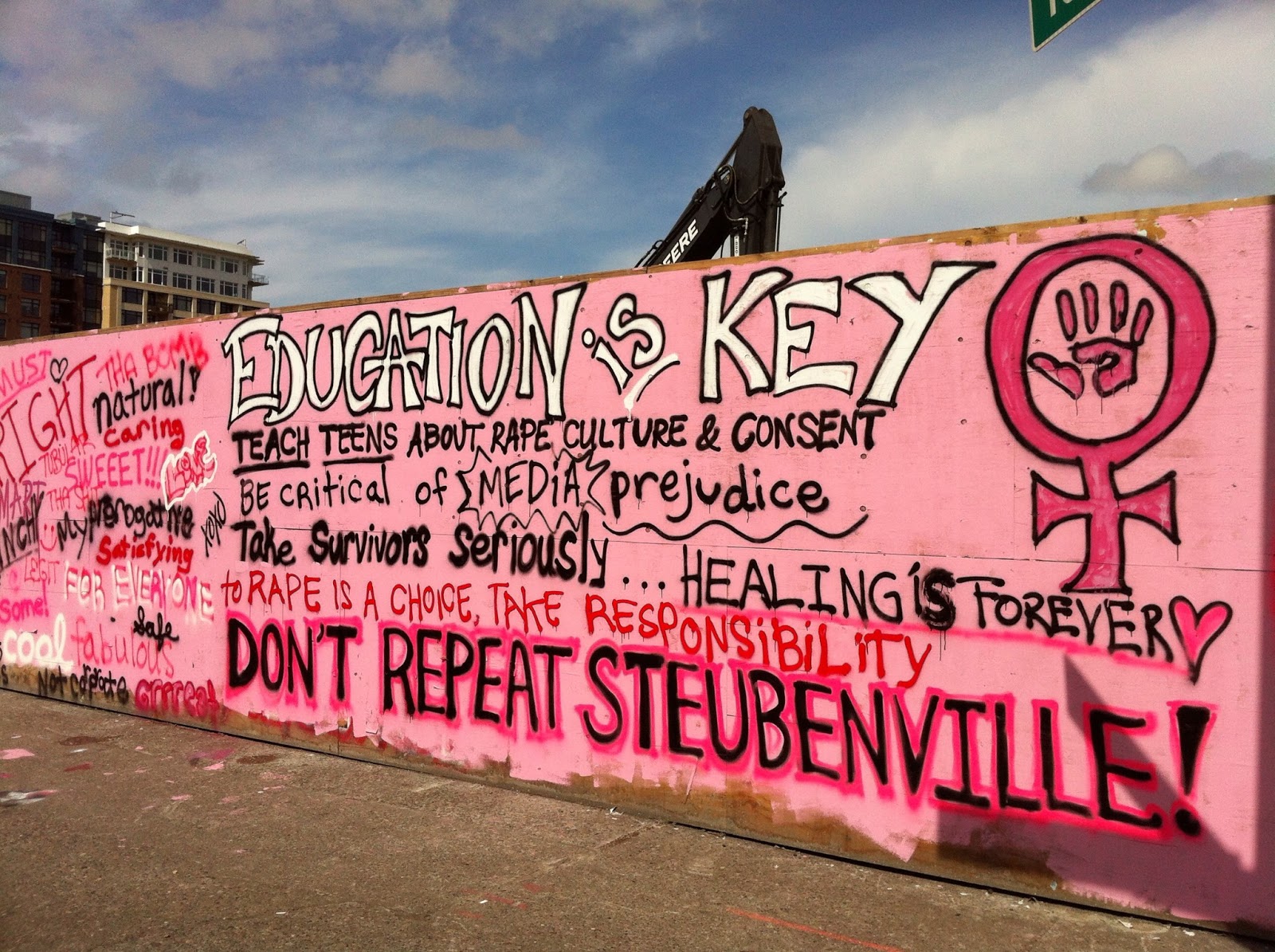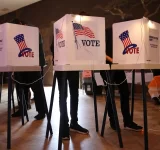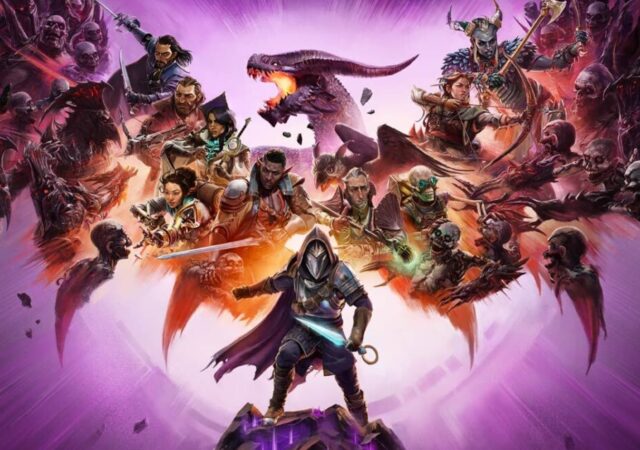(This is an edtiorial, written jointly by Nahian Jamal Joyeeta and Muhtasim Sarowat Rayed.)
We are products of generations full of sexual prejudice and ignorance; although we are known as the pre-apocalyptic generation, we still haven’t come to terms with whether or not we have rights to our own bodies, let alone someone else’s.
A recent spate of sexual harassment allegations have rocked our newsfeeds to the core. The accused aren’t your garden variety sexual predators- they belong to good families and hail from good institutes, working in top-flight organizations. What went wrong?
Perhaps, they never understood what consent was, and why understanding consent is important. We are guilty too, of growing up without ever fully understanding what the concept means, leading to a mess of gray areas in places where clarity should reign supreme.
The Forbidden Fruit

In second grade, we used to have a “Library Class” once a week, meaning a free period when we would all be taken to the library and could read any book of our choice. One of my female classmates pulled me aside to show me a book she had found, and her face was etched with surprise and curiosity. The title read “Made with Love”; she then started flipping through the pages and showing me illustrations of nude men and women. She was gasping every now and then, and our eyes kept widening with each page being flipped.
It was a biology book, meant to teach 12-year-olds about the process of reproduction; somehow, our 9-year-old brains had fathomed that this was not to be talked about or disclosed to anybody else, especially our parents. The classmate had stolen that book, and maintained complete secrecy about its possession, even from me, until her mother- who also happened to be our science teacher at the time- found it.
As far as I remember, library classes were banned thereafter; no one explained why the book should not have been read, or why those people in the illustrations were doing what they were doing.
That was my first encounter with the word “sex” and I was stigmatized to the point where till the age of 13, I was too scared to even utter the word.
Most people had started hitting puberty the following summer and when school started again, there was shift in everyone’s behavior. The boys had started sitting separately, avoiding girls; some of the male classmates had formed their small circles who would occupy the back corner of the class, discussing obscene movie scenes or which girl had hit the growth spurt. Outside school I would notice eyes shifting, hear absurd remarks on the street or at the market with my mom; relatives had started suggesting that I wear a scarf to protect my “honour”.
The fact that I was being heavily sexualized and objectified without even knowing or understanding it is why we must talk about it, and educate our next generation, and younger counterparts about sex, adolescence and consent.
Until I had my first period, I hadn’t had the “talk” and although my parents had a visible discomfort in the topic, they tried their best to be transparent about what I was going through and what was coming. Most of my other classmates, or more accurately, about 80% of the people in my generation, and all our previous generations have never had this talk. When sons are hesitant of hugging their mothers, and brothers don’t show affection to their sisters, that’s where the line should have been drawn.
This is exactly why at a family friend’s place, their 12-year-old son asked me to watch a movie with him and while we were at it, he tried to kiss me because that’s what the actors were doing; this is why a guy I had a crush on found himself accountable to make disgusting sexual analogies about my body in a room full of people. Then there were parents who kept tab on their child’s internet histories, had child lock on English TV channels, presenting them as the “forbidden fruit”: the exact reason why consent is a blurry concept to some people.
Pandora’s Box

I remember the time when I first picked up a biology textbook and landed on the chapter on sexual reproduction. Hilariously, until that time I never thought that girls had different sexual organs. Learning about that was almost akin to a revelation for my twelve year old self.
I remember being nervous and excited when discussing this ‘discovery’ with my classmates. The one girl who was there said that this was natural, something that’s ordained from birth. I agreed with her then, but not entirely.
Growing up wasn’t always easy. There were more than a few disagreements at home, and throughout my teens, I somehow came up with the idea that sexual acts were somehow dirty, leading to some form of moral decay. That was a pretty stupid thing to believe in, but I guess growing up in a semi-religious environment (my mother is a devout Muslim) had something to do with these beliefs. I didn’t have female friends for most of my school life. It wasn’t just that the class sizes were small and there was always a dearth of girls, but also the fact that I subconsciously otherized girls. I couldn’t see them as just human beings, mostly due to my mindset (and also because of raging hormones).
I remember when I was thirteen or so; my friends used to smuggle in porn on their Nokia phones, and talk about cup sizes and how hot some girls were. I remember feeling uneasy, taking part in something forbidden, because in a way it felt the same as partaking in alcohol or drugs. I was ‘a good guy’ back then. So I stayed away from these things as much as possible.
It took awhile for these attitudes to change. By the time that happened, I was already in university and most people I knew already were in relationships.
And that’s partly why I had a lot of crushes back in those days. Now, I was interested in girls, but I was too nervous to really do anything about it.
That changed, slowly over time, as I interacted with female friends and finally understood that they too were human beings. Of course, I always knew that on a cerebral level, but it wasn’t something that I keenly felt beforehand. I also learned not to put people on pedestals, because humans make mistakes too. And then I fell in love.
That was a difficult period in my life. We wanted different things in life and our priorities didn’t match. There came a time where I asked the person about taking a break from each other so that we could grow into different, more mature people. That was hard to do, because I still loved her, perhaps more than ever before.
And that made it hard to say goodbye, especially when we were sitting in a CNG autorickshaw and all I wanted to do was embrace her. When I was about to get off, I held her hand for a split second, and then that split second stretched into what seemed like infinity. I remember that I wanted to kiss her; then perhaps, I would be able to express the depths of my feelings. But then that moment passed, and I realized how stupid that would have been. I got off and waved goodbye as the autorickshaw pulled away. I don’t know if I truly understood consent back then, but I hope that I understood enough to know when to step away.
I never had the ‘talk’ when I was growing up. While I was lucky to figure things out like consent on my own, I could have just as easily picked up misogynistic traits through cultural osmosis.
And that’s what happens to a lot of guys, when they grow up with access to unlimited porn and without the kind of clarity one gets from having an effective sexual education. Many guys grow up feeling entitled to sex, trivializing the need to pleasure women and the fact that this is supposed to be a pleasurable act for both parties involved.
Nowadays, movies and tv series like Lust Stories and Sex Education address these issues in relatable, funny ways. But these are hardly enough. Consent should be understood on such a broad level so as to minimize the possibility of men committing rape. Things such as marital rape need to be acknowledged and countered through awareness and action. Otherwise, we will continue to be silent spectators as news of child molestation and gang rapes pour into our newsfeeds.
We can continue to pretend that those stories aren’t our problems, because hey, it’s not happening to ourselves, right? But it is our problem.
Because such deviant mores do not develop in a cultural or social vacuum. The difficulty is in cultivating the concept into minds that are built around a mentality procreated through generations of deprivation, misogyny and ignorance, something which isn’t as simple as “pay to get”, as in brothels.






















